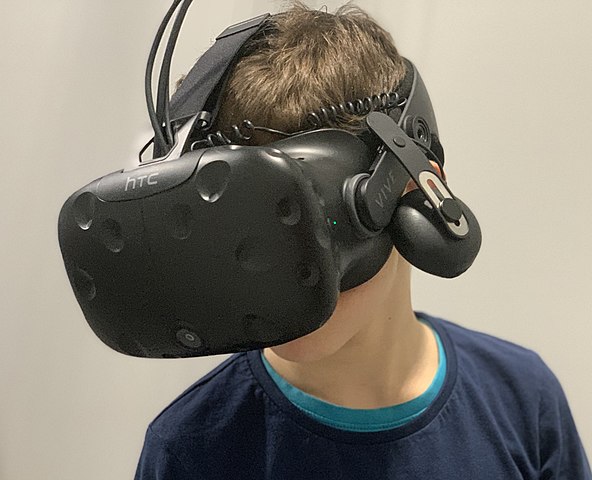
The Metaverse
A New Digital Frontier
The metaverse is the latest hype in digital advancements and refers to the cross-over of our digital and physical spaces, leveraging the power of virtual reality (VR) and augmented reality (AR). Coined as the next evolution of the internet, it will allow users to experience a 3D digital space that promises to transform personal experiences, societal advancements and new commercial opportunities.
Metaverse Origins
The concept of the metaverse is not new. Perhaps the earliest attempt made started in 1838 when the concept of ‘binocular vision’ was introduced; two separate images for each eye were combined to create a 3D image. The term “metaverse” was first mentioned in a 1992 novel written by Neal Stephenson called Snow Crash, where characters could escape their bleak reality to a virtual haven.
Current Developments
With the advancement of technology, VR headsets have been created, such as those released by Oculus or Google, allowing users to see information or images as a heads-up display. The popular social media network Facebook has, in recent years, re-positioned itself by rebranding to Meta and investing billions into the metaverse industry. Visions for what the metaverse will offer in the future differ; Meta is focusing on virtual reality environments while Microsoft is focusing on the area of professional collaboration and project work. One thing is for certain is that the metaverse will offer organisations a new way to communicate with consumers.
Implications For Society
The metaverse will forever change how we interact with each other, from how we work, socialise and entertain ourselves. New educational opportunities will be made available, from virtual classrooms, real-life simulations to virtual school trips.
Health care practitioners have already started using AR to perform enhanced surgeries while in the world of fashion, brands have leveraged the metaverse to host 3D showrooms and fashion runways. The metaverse also has the potential to offer disadvantaged individuals such as those with disabilities new opportunities and experiences previously unavailable to them.
Digital Concerns
As we have seen with the rapid rise in artificial intelligence, we can expect new concerns in identity privacy, digital rights and around the mental health of metaverse users. Vast amounts of data will be generated from, by and for consumers and it must be protected from misuse and fraud. It is also thought that the metaverse could further exacerbate social and economical issues if its accessibility is not made available to all, potentially increasing the divide in our democracy.
Tomorrow’s Digital Landscape
There is a lot of traction building for the metaverse and it is thought that by 2030, the industry could be worth $5 trillion. As technology evolves and our physical and virtual worlds continue to merge, it is crucial that it is developed in an inclusive and ethical manner. One thing is for certain; the metaverse will change the way we connect and work together forever.
If you are interested in studying a Science subject with Oxford Open Learning, we offer the chance to do so at a number of levels, listed below. You can also Contact Us here.